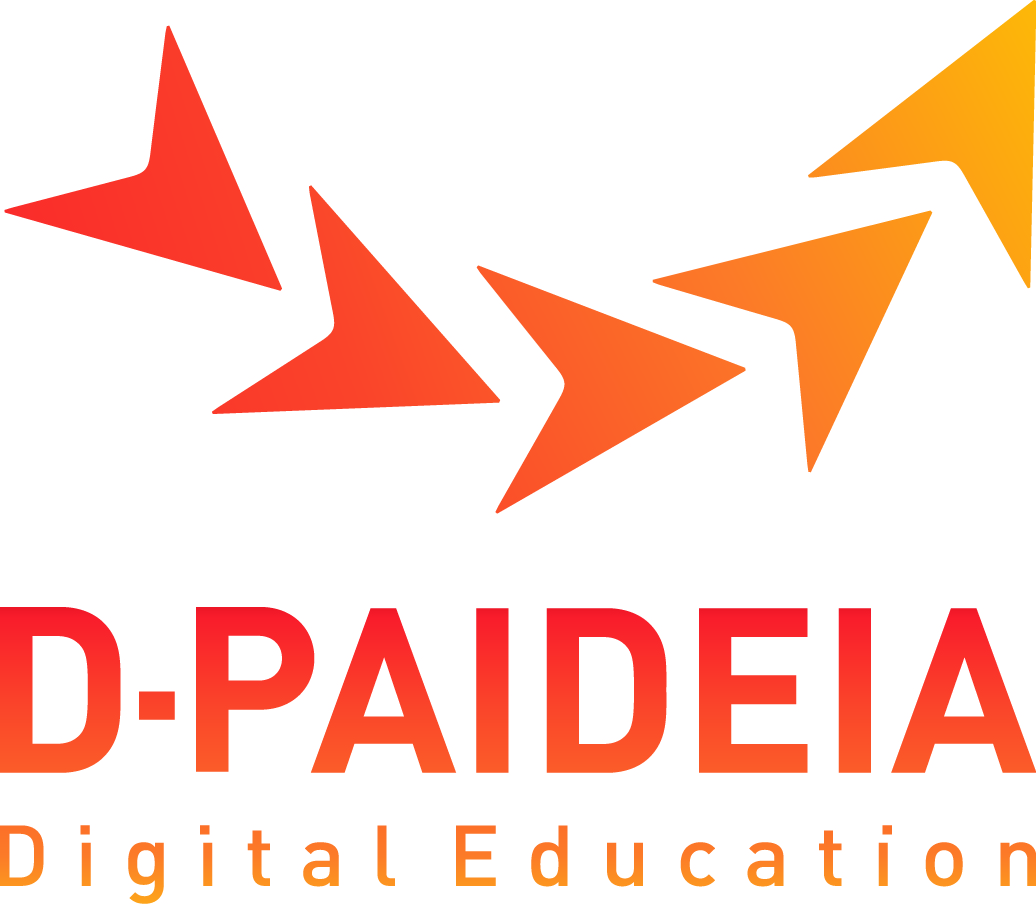In late September 2024, Sofia became a hub for educational innovation as the D-PAIDEIA project brought together experts and trainers from across Europe for a dynamic three-day Training of Trainers. The initiative is part of the Erasmus+ project titled “Pedagogical Digital Competences as a Key Element for the Digital Transformation.”
Hosted by the Center for Creative Training, the event was co-designed and delivered by experts from all project partners, including the coordinator Action Synergy, University of Florence, University of Girona, and University College Leuven-Limburg, who worked side by side to lead sessions, share methodologies, and refine the training materials. This collaborative effort ensured that participants experienced a rich blend of perspectives and practical approaches tailored to the realities of today’s schools.
A Hands-On, Collaborative Training
The program of the training followed the D-PAIDEIA Curriculum for the Pedagogical Digital Competences and offered a mix of theory and practice, focused on helping trainers understand and apply digital pedagogical strategies. Key themes included:
- Institutional digital policies and well-being, addressing the balance between personal and professional boundaries in a digital learning environment;
- Flexible facilitation methods in digital environment;
- Various aspects of the digital identity and reputation management and curating;
- Whole School Approach as a framework for building sustainable digital capacity at all levels of an educational institution.
Participants explored how to support not only individual teacher development, but also systemic change within schools – a hallmark of D-PAIDEIA’s holistic educational vision.
Why D-PAIDEIA Matters
While digital tools are now widespread in classrooms, meaningful and pedagogically sound integration remains a challenge. D-PAIDEIA responds to this need by expanding the DigCompEdu framework to include elements such as social-emotional learning, mental health awareness, and digital well-being.
By designing resources and training programmes rooted in real classroom needs, the project seeks to empower educators to use technology in ways that are intentional, inclusive, and sustainable.
What Comes Next
Following this training, each partner country will launch national teacher training programmes, aiming to reach at least 50 educators in each partner country. In parallel, 100 schools across the partnership will be selected to receive tailored support in developing and implementing their own digital pedagogical strategies.
The call for schools will be announced soon, marking the next step in a project that places teachers at the heart of Europe’s digital education transformation.
